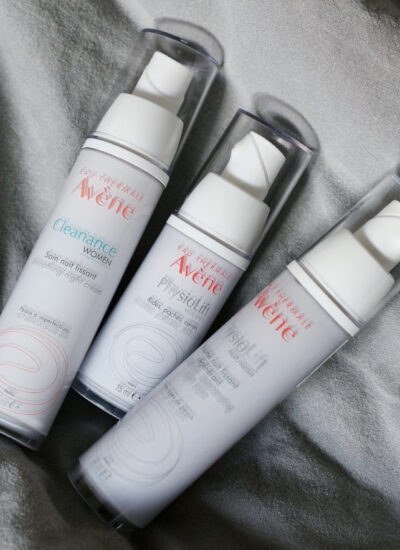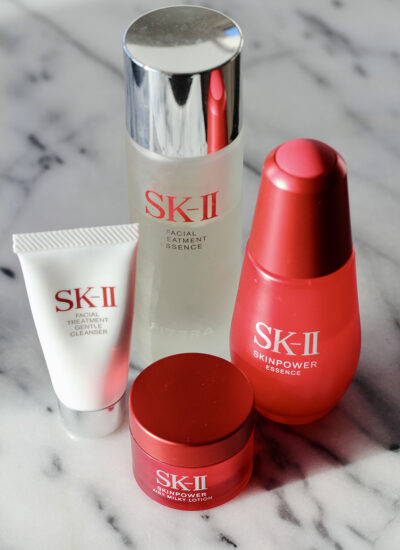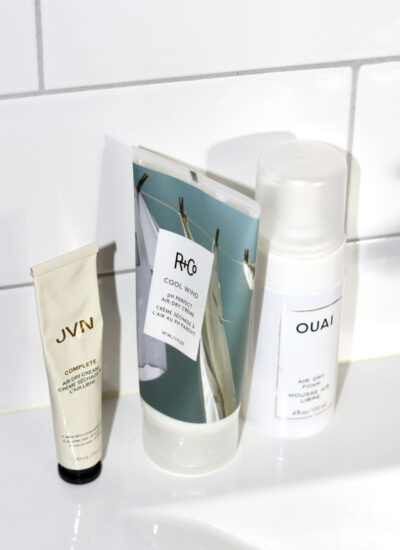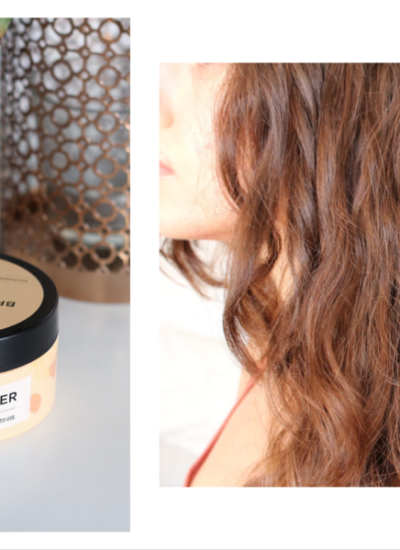
Looking back, I’ve had many regrets when it comes to my skin and trying to clear my acne. I recently turned 33 years old. And while I still have much to learn, I feel like it’s time to share some of my lessons. It’s been a long decade journey to clear skin, marked by numerous mistakes in treating my acne. This article has been a long time coming; it should’ve been published in 2022, a celebration of when I first delved into beauty blogging back in 2012.
This is part two, check out part one for more lessons!
What I Wish I Hadn’t Done in My 20s for My Acne Part 2
Skincare Regret #4: Not going to an esthetician
I can’t argue with the idea that everything happens for a reason, and I can’t be certain that seeking help sooner would have made a difference for my skin. Finding the right esthetician isn’t always easy either. The first one I visited for treatments, while professional, didn’t fully understand my needs and felt overly focused on sales. It wasn’t until my third esthetician that I finally felt comfortable and well-cared for.
Looking back, what I regret most is not prioritizing at least an annual facial or treatment, just to establish the habit and routine. I waited until my acne had somewhat subsided before seeking treatment, and even then, I focused solely on treating my acne scars rather than addressing my overall skin health.
What I wish I had done instead
I used to believe that regular monthly treatments were necessary to see significant improvements in my skin. And due to a lack of funds to achieve a level of monthly treatment, I focused instead on skincare at home. However, after eight years of sporadic visits to estheticians, I’ve come to realize that just as little as biannual visits can be sufficient for achieving positive results!
In other words, setting aside at least one month each year to forgo purchasing new skincare products and opting for a professional treatment or facial instead is better than not going at all if you’re serious about your skin health and wellness.
Skincare Regret #5: Not being diligent with sunscreen because I thought physical sunscreen was the only safe option
This is a bit of a throwback to regret #2, in part 1. Back when I was into green beauty, I was influenced by sites like Mind Body Green and figures like Nadine Artemis (founder of Living Libations), who raised concerns about the toxicity of sunscreens. Looking back, it’s not that I skipped or intended to skip sunscreen and sunglasses. I was simply exploring the natural beauty world. I naively wanted to believe that carrot seed oil and shea butter with a said “SPF 6-20” were adequate sun protection. And that wearing sunglasses severely hindered my body from protecting itself from UV-light… Yeah, it’s ok to laugh at me at that last one… While I did use zinc-based sunscreens, their unfortunate white cast, and less-than-elegant texture made me reserve them mostly for summers and sports.
There was a period of about 1-3 years in my 20s where I wasn’t as diligent as I should have been, and I’m a bit disappointed in myself for that. I’m grateful that sun protection became a priority when my partner and I started traveling to warmer countries. However, because I hadn’t yet found a sunscreen I felt comfortable with and still avoided chemical ones, I relied heavily on my makeup for protection. Not to forget that the brands had to be cruelty-free.
It wasn’t until 2018, at age 27, that I gradually made the switch and tried the La Roche-Posay Fluid. This sunscreen not only wasn’t cruelty-free and contained chemical UV filters but also had alcohol listed at the top of its ingredients. Yet, it turned out to be the most comfortable sunscreen I’ve ever used, with no white cast whatsoever!
What I wish I had done instead
You know that saying ‘The best sunscreen is the one you’ll wear’? Considering that sunscreen is classified as a drug in countries like the US and is crucial for protecting against skin cancer and aging, finding one that works for you shouldn’t be overly complicated. I regret being swayed by fearmongering tactics about certain sunscreen ingredients from people who seem to have forgotten or skipped natural science class in high school.
As someone with a naturally slightly tanned skin tone, physical UV filters just didn’t provide the elegance for me to be diligent with sunscreen. While I value cruelty-free products, practicality outweighs this preference when it comes to sunscreen selection.
My advice to my younger self would be to ignore the fearmongering and instead focus on finding a sunscreen that is effective, comfortable to wear, and practical for daily use.
Skincare Regret #6: Avoiding or not considering retinoid products
Retinol wasn’t as hyped until much later in my skincare journey, and there was a lot of misinformation circulating about how it caused peeling and other issues. This led me to start with chemical exfoliants, assuming they were gentler when, in fact, starting off with a retinoid serum would have been much more beneficial for my acne.
Back then, there weren’t as many different strengths and formulations on the market compared to the vast selection available today. It wasn’t either as normalized to market it to young adults with acne as it is now.
I can fully understand why retinol had the bad reputation it did, especially since most products on the market were either pure 1% or too gentle at 0.1%, and most targeted skin with deep wrinkles. If you had acne, it was often advised to opt for more intense prescription treatments like Differin or tretinoin, both of which can cause a few months of adjustment with peeling and cracking skin before revealing better results.
Today’s retinol formulations are much gentler, using encapsulation techniques and mid-range strengths. There are also newer versions like retinaldehyde and retinyl retinoate, which have a higher conversion rate with fewer side effects than retinol.
WHAT I WISH I HAD DONE INSTEAD
While it’s largely a reflection of that time period, I deeply wish I had approached actives a little differently, prioritizing retinoids over chemical exfoliants. Also, similar to acids (as I mentioned in regret #3 in part 1), I now understand the importance of using them a couple of times a week rather than aiming for daily use.
I find the ‘rule of thumb’ of adjusting use according to your age decade to be quite sensible for retinoid serums. For instance, in your 20s, using a retinoid serum twice a week is typically sufficient; in your 30s, three times a week, and so on. However, it’s crucial to be mindful of how your skin reacts. Sometimes, once a week might be adequate while, at other times, you might tolerate daily use. It all depends on the strength and formulation of the product.
Overall, prioritizing retinoid serum a couple of times a week and reducing the use of chemical exfoliants to once a week has significantly improved my skin’s health and resilience. It has also reduced the instances of acne and bumpy texture.







